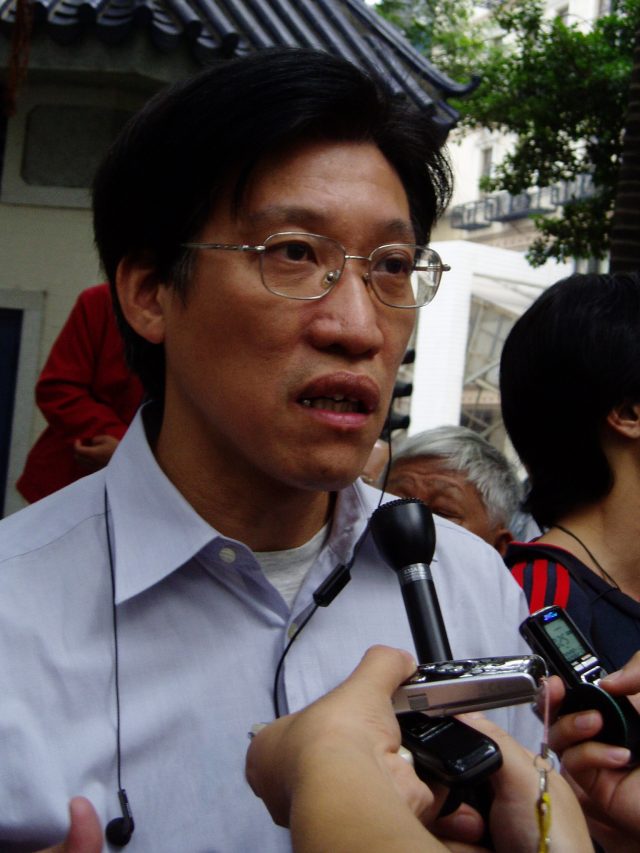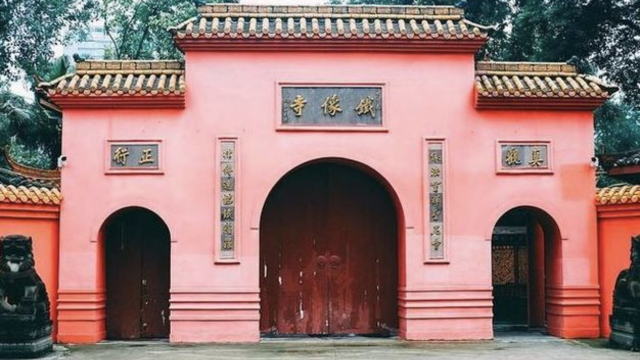In the “special administrative region” caricatured as “Asia’s Las Vegas,” persecution of pro-democracy activists seldom receives international attention.

While the world’s gaze remains fixed on Hong Kong’s democratic unraveling, a quieter, insidious crackdown is unfolding across the Pearl River Delta. On July 30, Macau police arrested Au Kam San, a 68-year-old former lawmaker and one of the city’s most prominent pro-democracy voices, accusing him of “collusion with foreign forces” to endanger national security. The vague and sweeping charge mirrors the language of Hong Kong’s national security law—but in Macau, it has drawn far less international scrutiny.
Au’s arrest marks the first publicly known detention under Macau’s revised national security law, updated in 2023 to align more closely with Beijing’s tightening grip.
Au was known for his persistent, if lonely, advocacy for democratic reforms in a city where civil society has long existed on the margins. Born on April 30, 1957, Au is a veteran educator turned political dissident whose life has mirrored Macau’s uneasy dance with democracy. With ancestral roots in Xinxing County, Guangdong, Au grew up in Portuguese-administered Macau and now holds dual citizenship in Portugal and the People’s Republic of China (Macau SAR). He began his career as a teacher at Macau’s Qingzhou Primary School. The 1989 Tiananmen Square protests transformed him into one of Macau’s most enduring pro-democracy figures.
A graduate in social sciences from the University of East Asia in Macau, with a master’s in education from South China Normal University, Au co-founded the “Democracy Salon”—later renamed the Macau Democratic Development Joint Committee—during the wave of solidarity actions in 1989. After the June 4th crackdown, many activists were silenced or scattered, but Au persisted, eventually winning seats in Macau’s City Council and the Legislative Assembly. He would serve five consecutive terms in the Assembly over two decades, becoming a fixture of the city’s democratic movement.
In 1992, he helped launch the New Macau Association, a civic group to modernize Macau’s governance and amplify public concerns. Though internal divisions led him to leave the group in 2016, he founded a new political party, “New Power for Macau Community Development,” for which he was re-elected to the Assembly the following year.
Fearless critiques of government overreach marked Au’s career. In 2018, he publicly questioned the legality of police wiretapping, sparking a rare public backlash against the authorities. In 2021, he denounced Beijing’s dismantling of Hong Kong’s electoral system—remarks that led to his disqualification from seeking re-election, effectively ending his legislative career.
Now, in 2025, Au finds himself behind bars, accused of colluding with foreign forces. Once a respected member of the Legislative Assembly, now a political prisoner, his story is a stark reminder that Macau’s democratic flame, though dimmed, still flickers.
According to police statements, Au allegedly maintained contact with an unnamed “anti-China organization abroad” since 2022, supplying it with “false and seditious information” for overseas exhibitions and online platforms. Authorities claim he sought to incite hatred against Beijing, disrupt the 2024 chief executive election, and provoke foreign hostility toward Macau. The arrest has sent ripples through Macau’s modest activist community.
And yet, the world has barely blinked outside of a few headlines. That silence is telling.
Macau, often caricatured as Asia’s Las Vegas, has long been overshadowed by Hong Kong in global conversations about Chinese authoritarianism. Its booming casino industry and relatively small population—just under 700,000—have helped insulate it from the kind of mass protests that rocked Hong Kong in 2014 and 2019. But the absence of spectacle should not be mistaken for stability.

Macau’s repression is quieter, but no less real. The city’s national security law, enacted in 2009, gave authorities sweeping powers to suppress dissent long before Hong Kong’s version was introduced. The 2023 amendments only deepened those powers, allowing for broader definitions of “foreign interference” and harsher penalties.
Au’s arrest is a stark reminder that the “One Country, Two Systems” framework is eroding not only in Hong Kong but across all of China’s so-called autonomous regions. It also exposes the strategic calculus behind Beijing’s crackdown: Macau’s democratic movement may be smaller and less visible, but it is no less threatening to the narrative of total control.
The international community, so vocal in defense of Hong Kong’s dissidents, must now extend its attention to Macau. The arrest of Au Kam San is not an isolated incident but a signal. The democratic world should not ignore it.
Source: Bitter Winter












